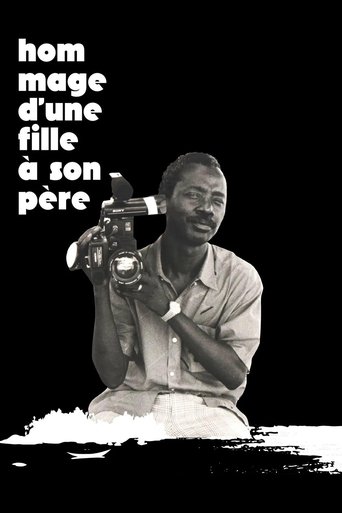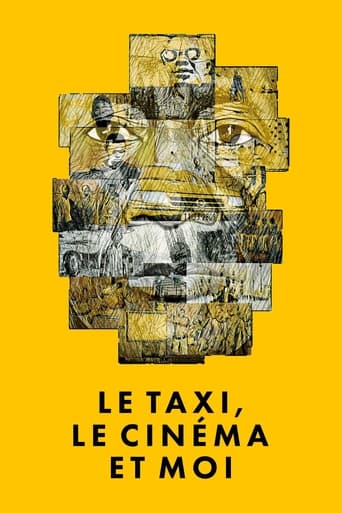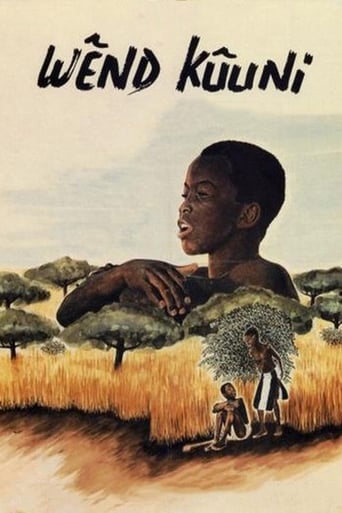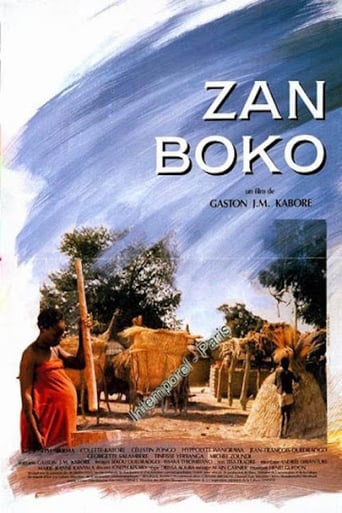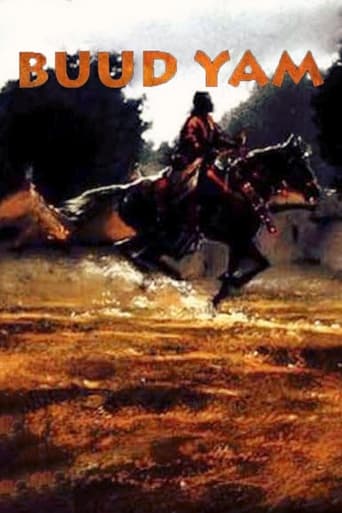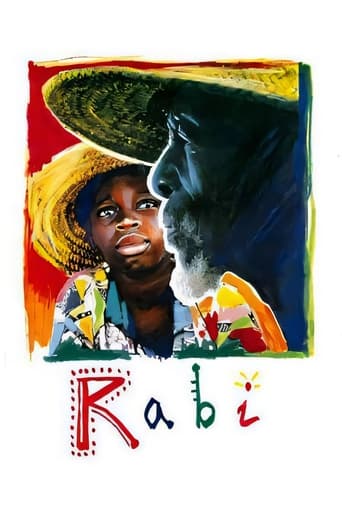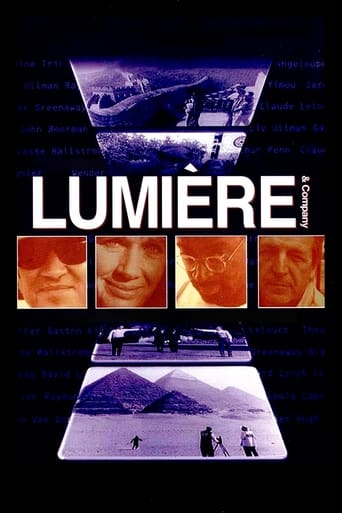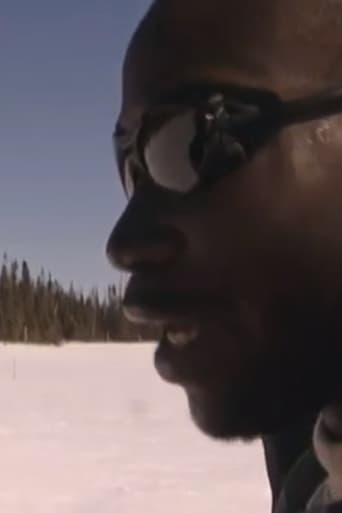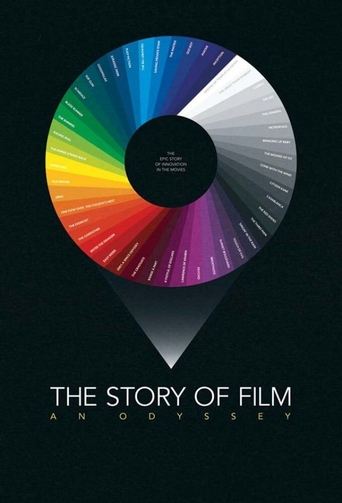2023 69 min 1 vues
In the first half of the 1990s, Drissa Touré was an auteur fast on the rise, with his first fiction feature, Laada (1991), celebrating its world premiere in a Cannes sidebar, from whence it went around the world, Rotterdam included. Touré's next narrative project, Haramuya (1995), was again welcomed warmly and seen widely. But what happened then? How could an obviously gifted filmmaker from one of world cinema's true hubs, Burkina Faso, not find the means to continue? How did Touré end up riding a motorcycle, doing deliveries and errands? The fact that only a few years after Haramuya's release, Atria, the organisation where Touré deepened his technical knowledge of filmmaking, was closed down as the last francs of support were cancelled suggests that Touré's story is also a symptom of something more structural and grim.
